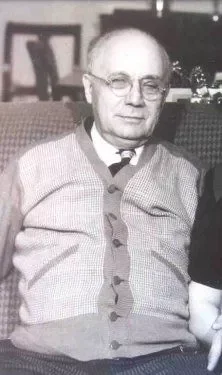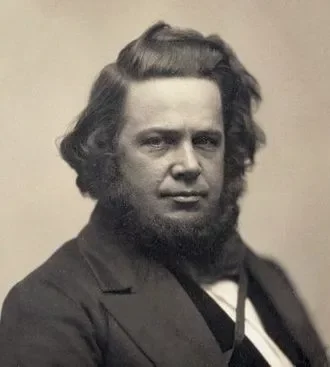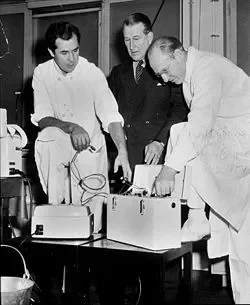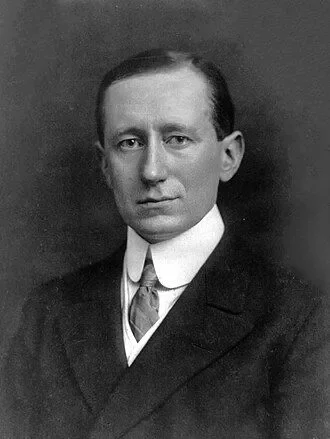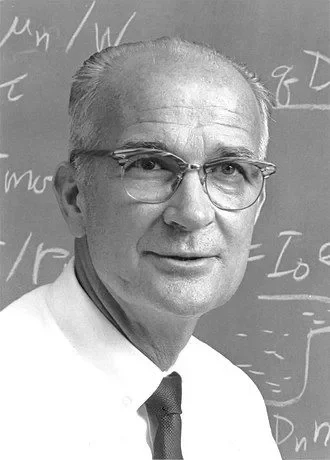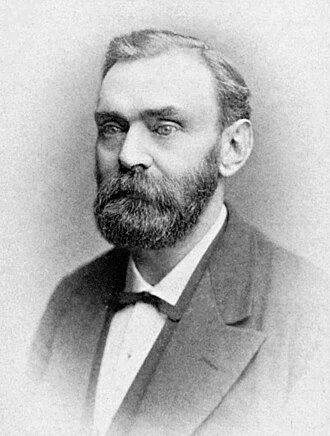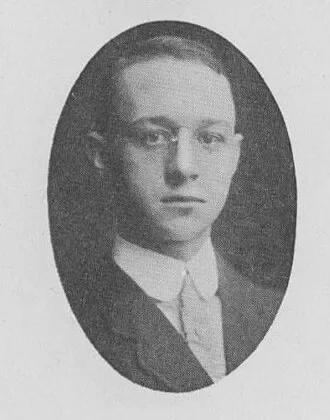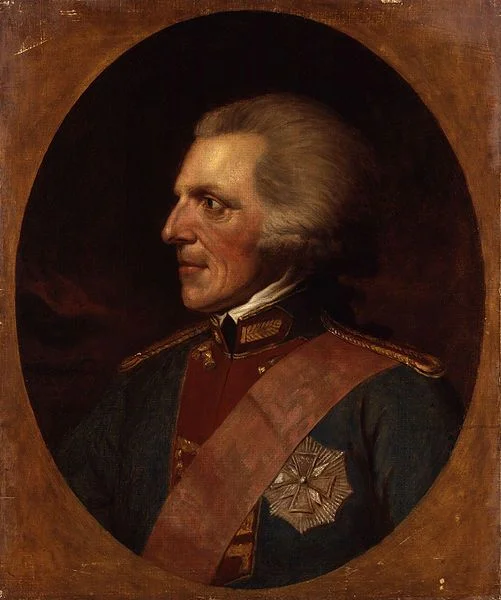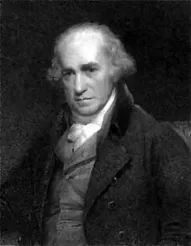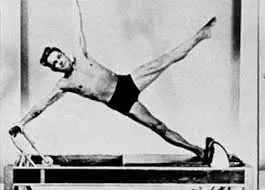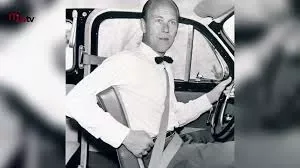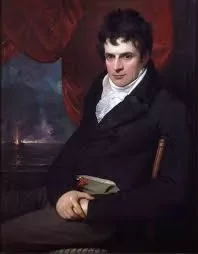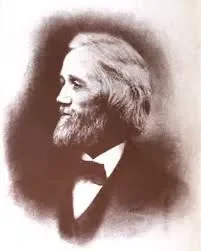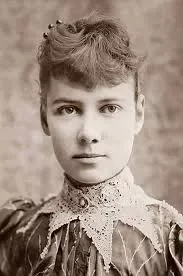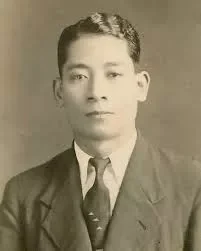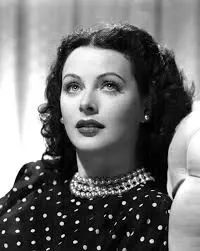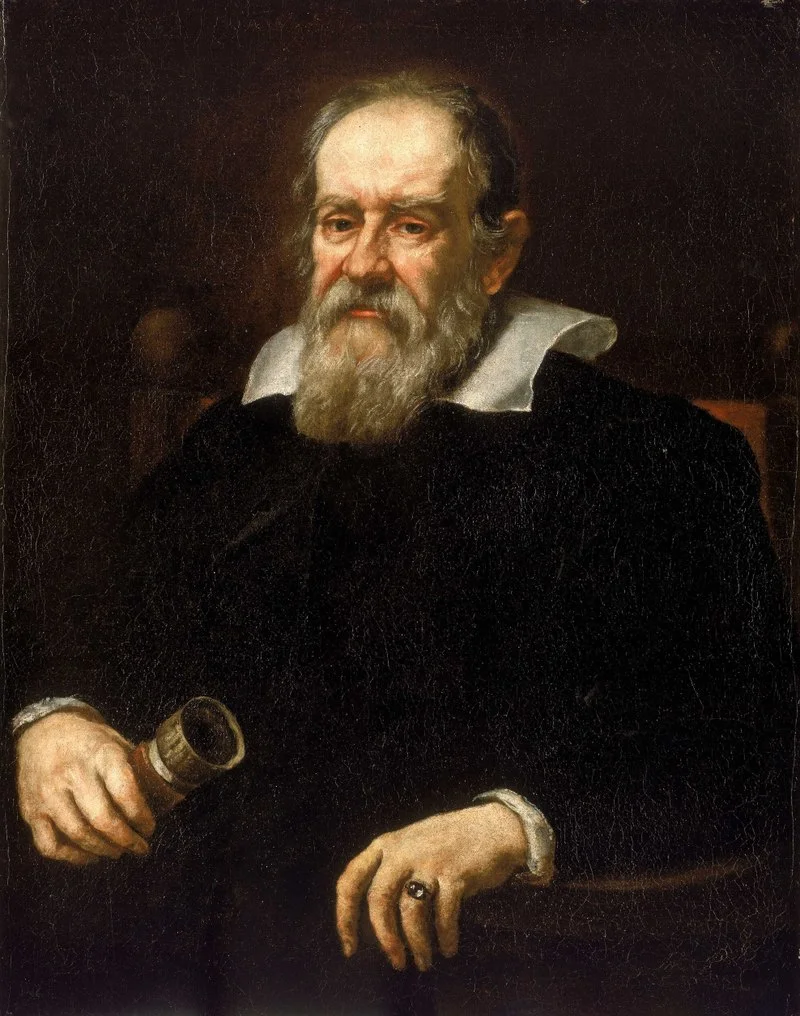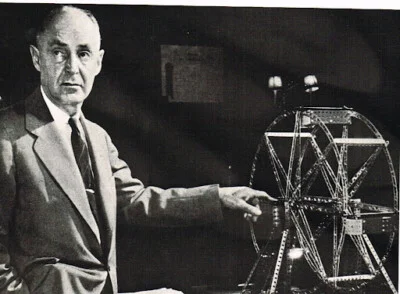Real Celebrities Never Die!
OR
Search For Past Celebrities Whose Birthday You Share
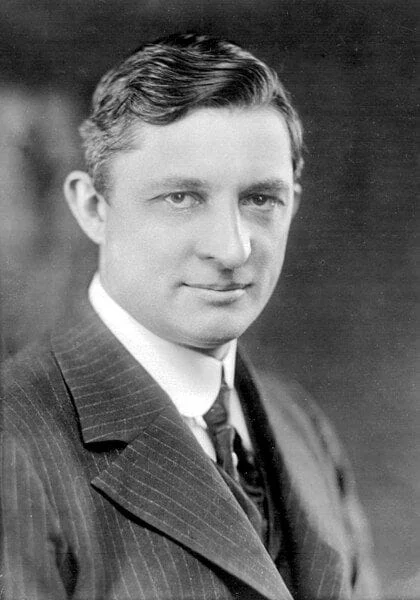
source:wikipedia.org
Willis Carrier
Birthday:
26 Nov, 1876
Date of Death:
07 Oct, 1950
Cause of death:
Natural causes
Nationality:
American
Famous As:
Engineer
Age at the time of death:
73
Willis Carrier's Quote's
Early Life and Education
Willis Carrier, born on November 26, 1876, in Angola, New York, was an American engineer who revolutionized indoor climate control by inventing modern air conditioning. His ingenuity and perseverance led to innovations that would change the way we live and work, earning him the title “Father of Air Conditioning.”
Born to Duane Williams Carrier and Elizabeth R. Haviland, Willis grew up on his family’s farm in western New York. As a child, he struggled with fractions until his mother taught him using apple slices, a lesson he later credited as the most important of his life for teaching him the value of intelligent problem-solving.
Carrier’s academic journey was marked by determination. He graduated from Angola Academy in 1894. He completed Buffalo High School in 1897. Carrier earned a master’s degree in engineering from Cornell University in 1901 on a state scholarship.
Professional Career and Breakthrough Invention
After graduating, Carrier joined the Buffalo Forge Company as a research engineer. It was here, on July 17, 1902, that he designed the world’s first modern air conditioning system. This invention arose from a need to address a humidity issue at a printing plant in Brooklyn, where paper expansion and contraction were causing color print alignment problems.
The Birth of an Industry
Carrier’s invention controlled not just temperature but also humidity, air circulation, and air quality. In 1906, he patented the “Apparatus for Treating Air,” the world’s first spray-type air conditioning equipment. His 1911 presentation of the “Rational Psychrometric Formulae” to the American Society of Mechanical Engineers became known as the “Magna Carta of Psychrometrics.”
In 1915, Carrier and six other engineers pooled their savings of $32,600 to form the Carrier Engineering Corporation. Despite challenges during the Great Depression, the company grew into the Carrier Corporation in 1930, with Willis as Chairman of the Board.
Major Contributions and Impact
Carrier’s inventions had far-reaching effects:
- Enabled economic development in hot climates
- Improved productivity in factories and offices
- Revolutionized comfort in homes, theaters, and public spaces
- Contributed to reduced mortality rates in hot regions
His centrifugal refrigeration machine, patented in 1921, marked the beginning of safe, low-pressure air conditioning using non-toxic refrigerants.
Carrier was married three times to Edith Claire Seymour (married in 1902, passed away in 1912), Jennie Tifft Martin (married in 1913, passed away in 1939), and Elizabeth Marsh Wise (married in 1941). He had one biological son, Howard Carter Willis, and adopted two children from his second marriage.
Legacy and Death
Willis Haviland Carrier passed away on October 7, 1950, in New York City at the age of 73. He was buried in Forest Lawn Cemetery in Buffalo, New York. His legacy lives on in the ubiquity of air conditioning systems worldwide and in the continued operations of the Carrier Corporation.
Carrier received numerous accolades for his work, including an honorary doctorate from Alfred University in 1942 and posthumous induction into the National Inventors Hall of Fame in 1985. TIME magazine named him one of the “100 Most Influential People of the 20th Century” in 1998.
Willis Carrier’s story is one of innovation born from practical problem-solving. His invention not only provided comfort but also enabled countless industries to flourish, from movie theaters to computer manufacturing. Today, it’s hard to imagine a world without the climate control technology that Carrier pioneered over a century ago.
Name:
Willis Carrier
Popular Name:
Willis Carrier
Gender:
Male
Cause of Death:
Natural causes
Spouse:
Place of Birth:
Angola, New York, United States
Place of Death:
New York, New York, United States
Occupation / Profession:
Personality Type
Virtuoso: Bold and practical experimenters, masters of all kinds of tools. Carrier’s analytical mind and hands-on engineering skills reflects practical problem-solving approach. His focus on tangible results and process improvement are hallmarks of this personality type.
Air conditioning systems were originally intended to protect paper and ink rather than provide comfort
Carrier’s first air conditioning system was installed in a Brooklyn printing plant to control humidity
Carrier’s invention became popular in movie theaters in the 1920s, boosting attendance during summer months
He is often called the “Father of Air Conditioning” for his contributions to indoor climate control
Awarded the Frank P. Brown Medal in 1930 for his contributions to engineering
Founded Carrier Corporation in 1915, a major HVAC company still leading the industry today
Invented the first modern air conditioning system in 1902
Pioneered air conditioning in public spaces, transforming comfort and productivity standards worldwide

